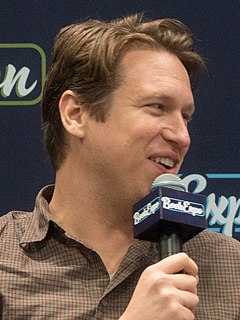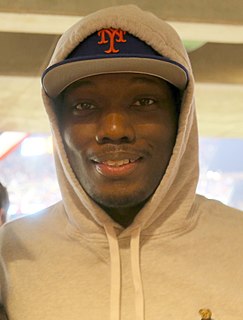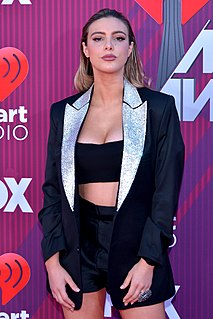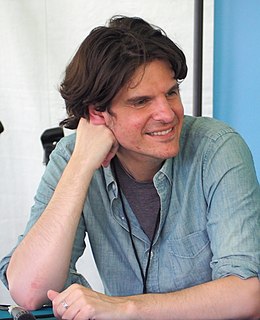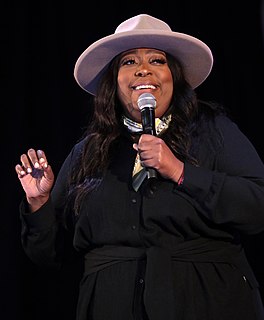A Quote by Pete Holmes
When I started, I was very deliberate about making friends with people like John Mulaney who were really funny and wanted to go up and do as many open mics as I did.
Related Quotes
We went to Comic-Con and there were people dressed up as the characters. There's a whole canon of Ninjago history that I didn't even know about until the process of making the movie had started. Especially at Comic-Con, I realized that people really, really care about this, and I hope they like it because it's meaningful to them. It did actually change my feelings about it.
I feel like most standup comedians do it the way I did it, where you just go to open mics and cut your teeth. Sketch and improv - they take a lot of classes. It's not unusual, the way I did it. It's just that, with standup, no one knows how to start because there's no book for it; there's no place you can really go.
My buddies and I, we all went to law school together, and once we started working in different cities, we all did crazy stuff, and we'd write e-mails to each other about the stuff we would do. And my friends thought my e-mails were really funny and they said, "Dude, why don't you put this up on a Web site. You know people would love to read this."
I'm really going off of watching John Waters speak one time and I remember he just kind of talked and it was totally interesting. I wanted to hear about his life and how he got started and when did he think he made it, stupid stuff like that. And what his relationship with the mainstream is because he's so far out there, but then he became part of the mainstream in this weird way. He was really funny, though. Yeah, I have to work on my jokes.
I don't find the same things funny that many other people seem to find funny. I don't really respond to sex jokes and things like that, and some of my friends look at me and go, "Come on, Nic, that was my best joke. Why aren't you laughing?" I go, "I really don't know why I'm not laughing. I'm sort of out of sync with it." So I'd have to find something that was really about weird human behavior for me to laugh.
What passes for identity in America is a series of myths about one's heroic ancestors. It's astounding to me, for example, that so many people really appear to believe that the country was founded by a band of heroes who wanted to be free. That happens not to be true. What happened was that some people left Europe because they couldn't stay there any longer and had to go somewhere else to make it. That's all. They were hungry, they were poor, they were convicts. Those who were making it in England, for example, did not get on the Mayflower. That's how the country was settled.
I started by doing a little funny story, and then I started going to open mics. I realized I had a lot of work to do - you have to get over the stage fright and get your stage presence up. It took me some time, but I finally feel that I'm at a point where I feel comfortable on stage and giving my point of view.
I like working. I wish I could say I made a deliberate choice to comedy, but it's just what came my way. It's what the studios wanted to make. Some of my friends were doing it, like Will Ferrell and Adam McKay, and they offered me 'Talladega Nights.' It's just nice work if you can get it. It's a joyful day at work, making your friends laugh.
